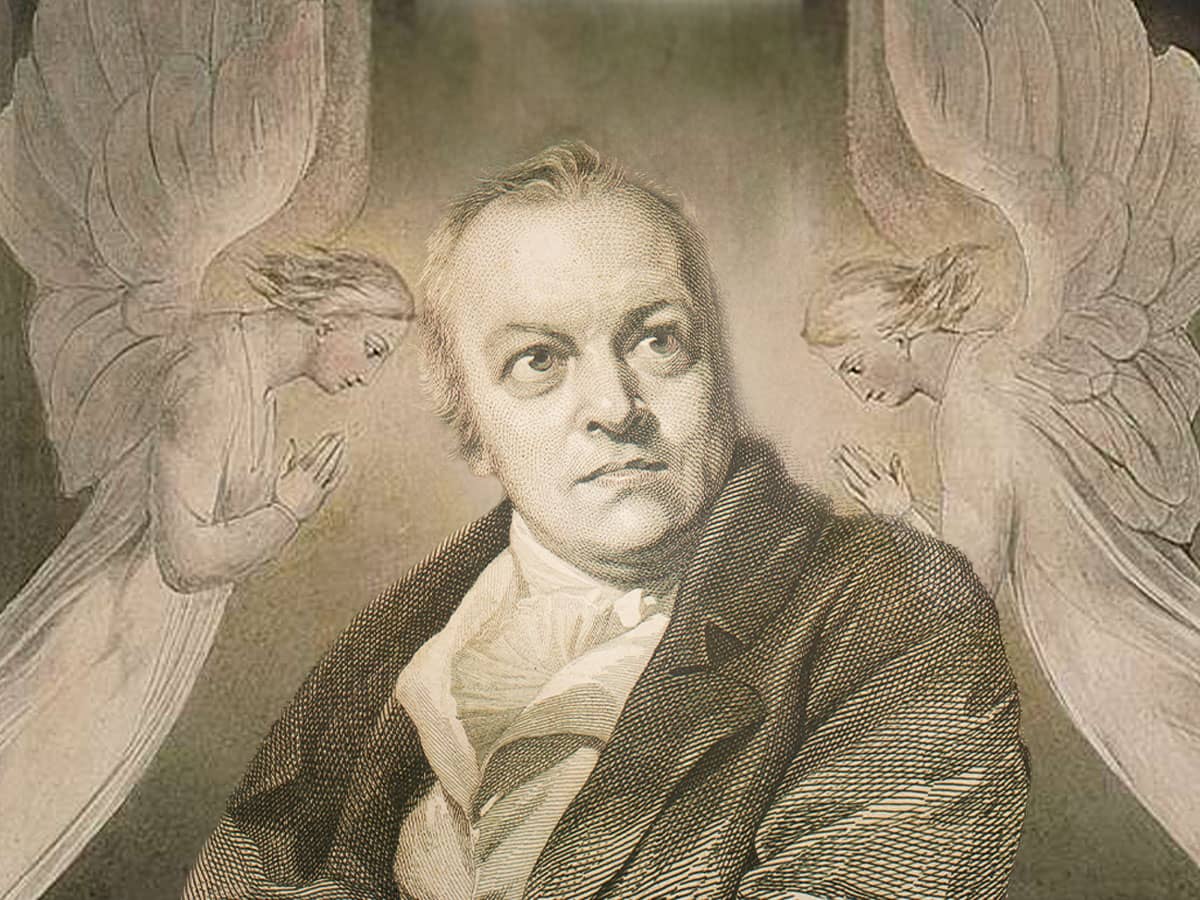There was certainly no "fire" left for Denise or her four sisters. They lived in a one-room house with their alcoholic mother; the girls slept in the attic. There were no paved roads leading to the huddle of houses nearly on top of each other. There was no running water. If the girls wanted to wash or drink, they had to lug water from across the Reservation and heat it on the stove. Their story was repeated over and over. One third to one half of Wabanaki ages 15-30 are abusers of alcohol or drugs; the average education stops at the 8th grade.
Eventually the girls were removed from the house and put into foster care off the reservation. The quality of their lives declined dramatically. They were mentally, emotionally, physically and sexually abused. Denise's little sister couldn't stand the cruelty and ran away. When she was returned to the foster family, she was forced to spend her days kneeling on a broom handle between the kitchen and living room; each time someone passed her they were required to pull her hair. She only got to move to crawl to the bathroom or eat table scraps. The girls were told again and again that they were "dirty Indians." Denise used to spend hours dreaming that someone would ride in on a white horse and save her.
Instead, when she turned 16, she returned to the reservation and became part of the cycle. She married an alcoholic, had a child, and became an alcoholic herself.
Eventually the American Friends Service (an Peace and Justice organization run by the Quakers) funded an extensive Youth program on the reservation and Denise was hired as the director. Her life was changed one day when a little girl named Maggie asked if she could learn "drumming" -in the Native, ceremonial way. No one on the local reservation had a clue, so Denise, Maggie, and a small contingent made their way north to the Big Cove Reservation in New Brunswick.
There, before each ceremony, the participants were instructed in the meaning of "smudging" with sage and cedar, which is a traditional cleansing to prepare people to work to their potential and to release negative influences and thoughts. Then they were taught that the drumbeat was the heartbeat of the people, the land, all creation, tying everything together. When the drumming started, the little band from Maine was transported. They finally understood that they belonged.
And Denise understood that what was missing from the social programs aimed at helping the Native American kids was a spiritual base. Most of the kids didn't believe in anything. She began studying her Wabanaski heritage more carefully and incorporating the ideas of the medicine wheel and the Talking Circle into programs and groups. She combined the youth programs at the five local reservations, and got adults involved to help give the kids a sense of their heritage. She found other now-adult Wabinakis who had been fostered and had them train more than 500 State of Maine Human Services workers in issues that affect Native youth; she has also brought cultural and anti-racism training to jail guards.
Thanks to Denise, Sweat Lodge, Drumming, Smudging and the Talking Circle have returned to Maine. She also encourages the kids to live by the precepts of the traditional Medicine Wheel, which includes the concepts of balance, harmony, interconnectedness and aligning spirit with intent. They pass down the stories of their people, including the Legend of the Seven Fires. But was it just a legend, a good story?
Denise tells of the time she went with a group of Wabanaski to visit a tribe in the northern Midwest. Though they had never met each other, they felt an immediate kindship. Then the chief came forward.
"We have been waiting a long time," he said, "But we knew you'd be coming. Here, we have your bundles."
The bundles were real. The legend was real. And the fire returned to the Wabanski people.

